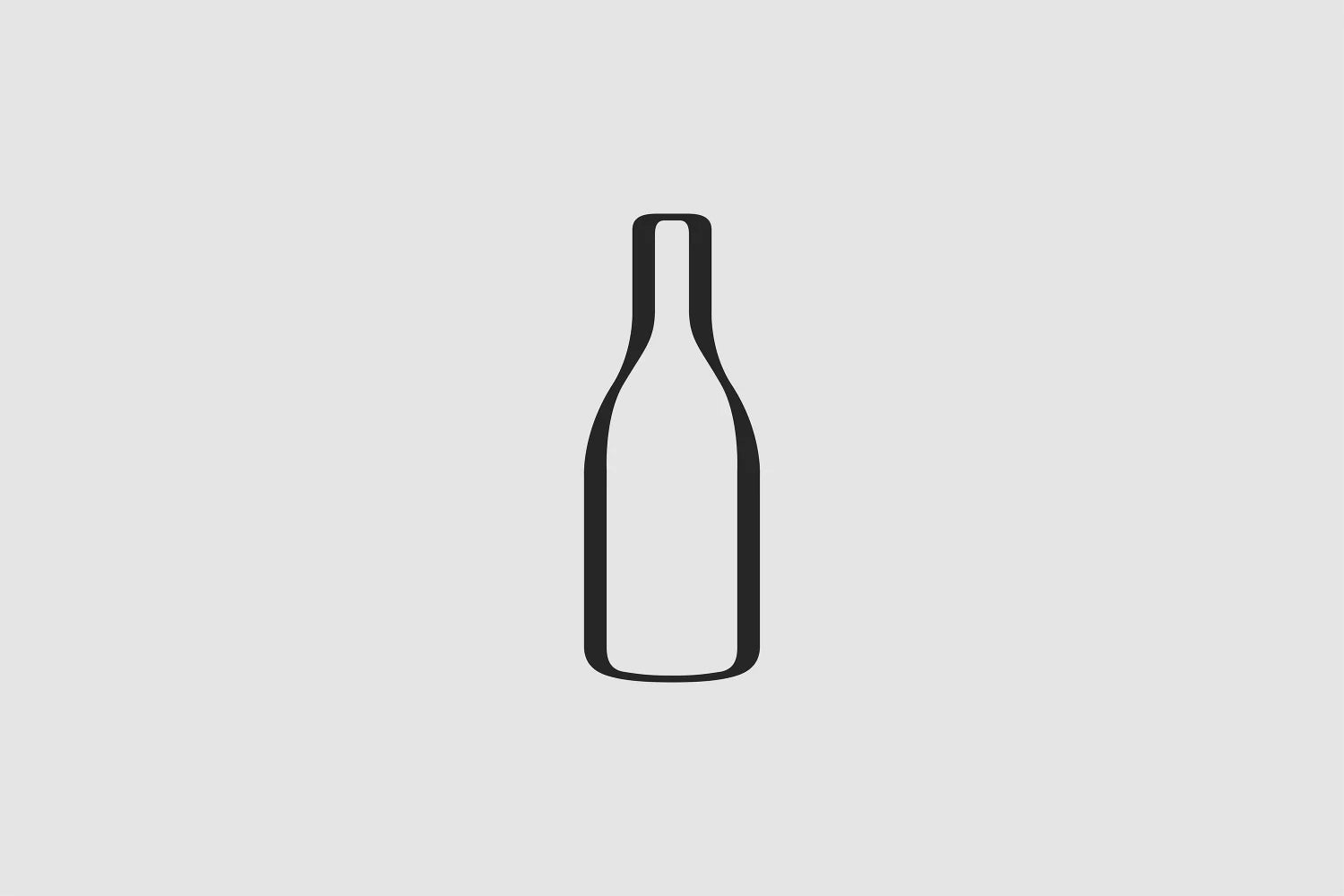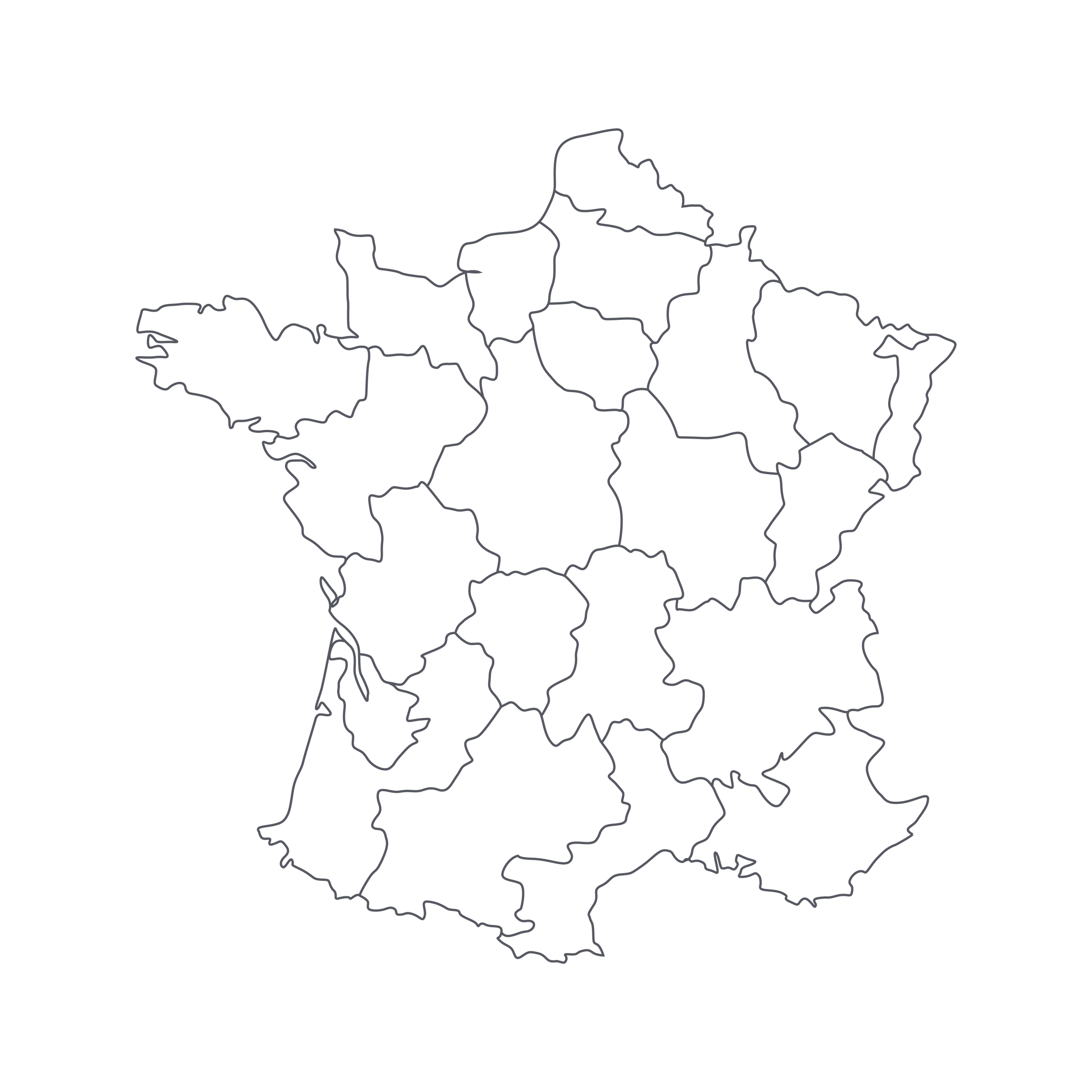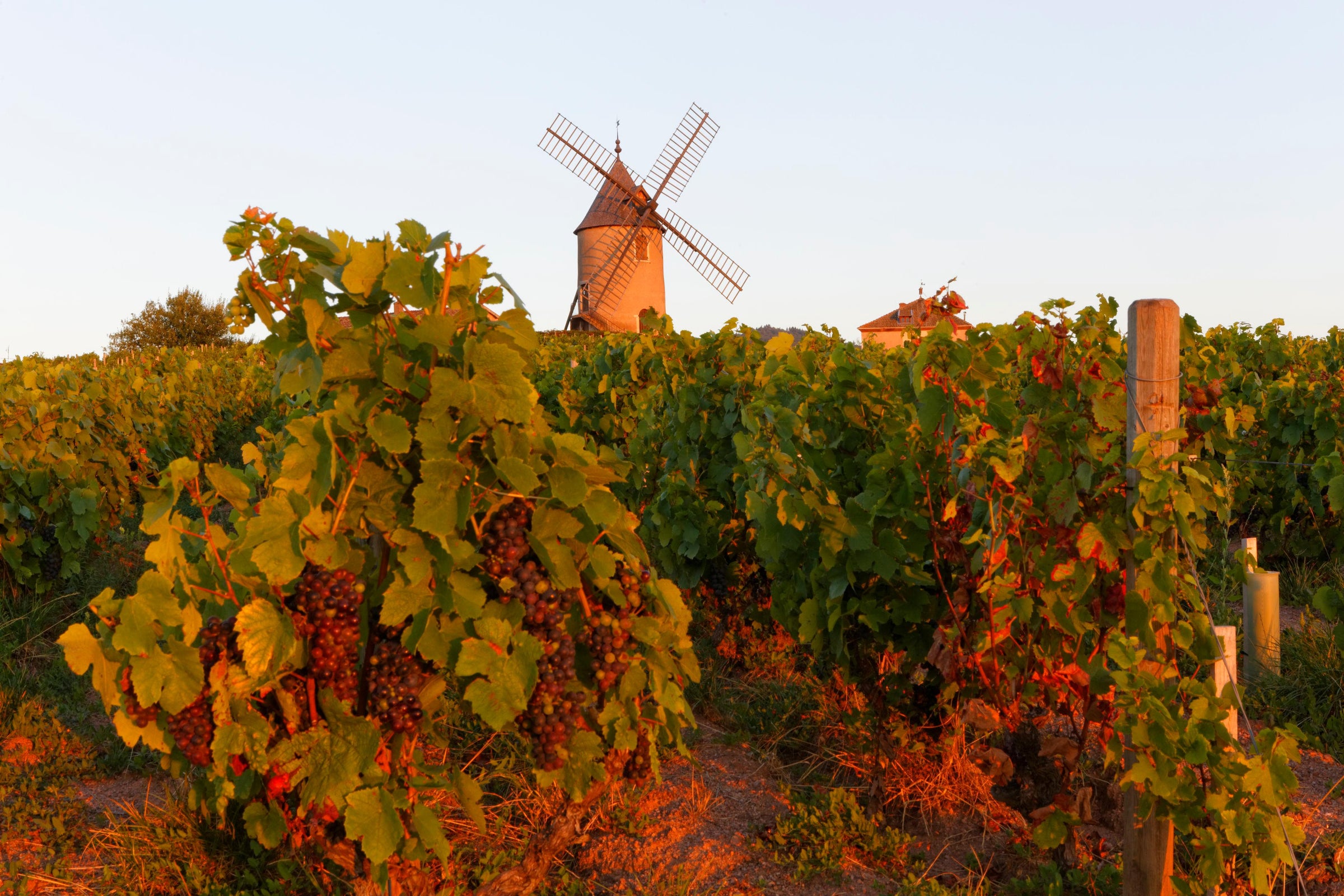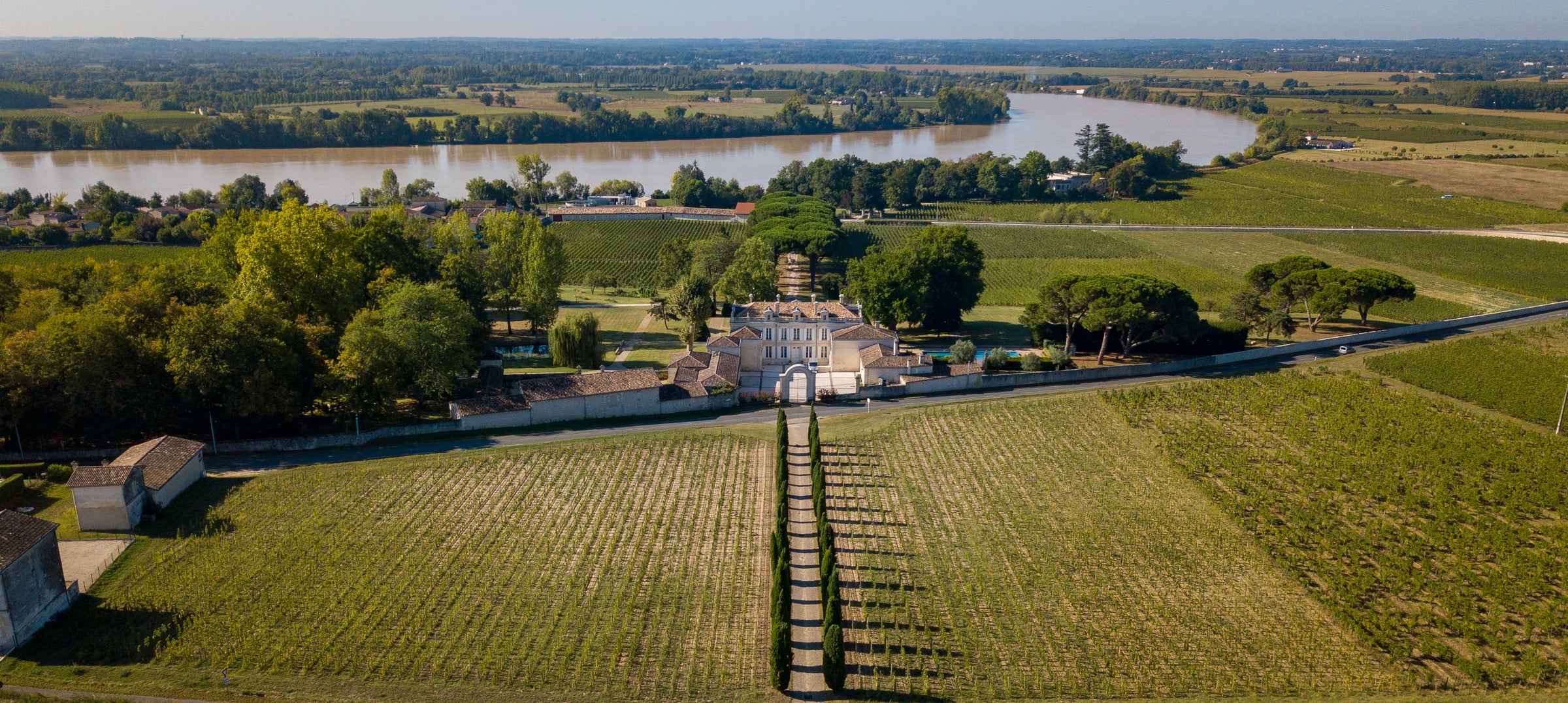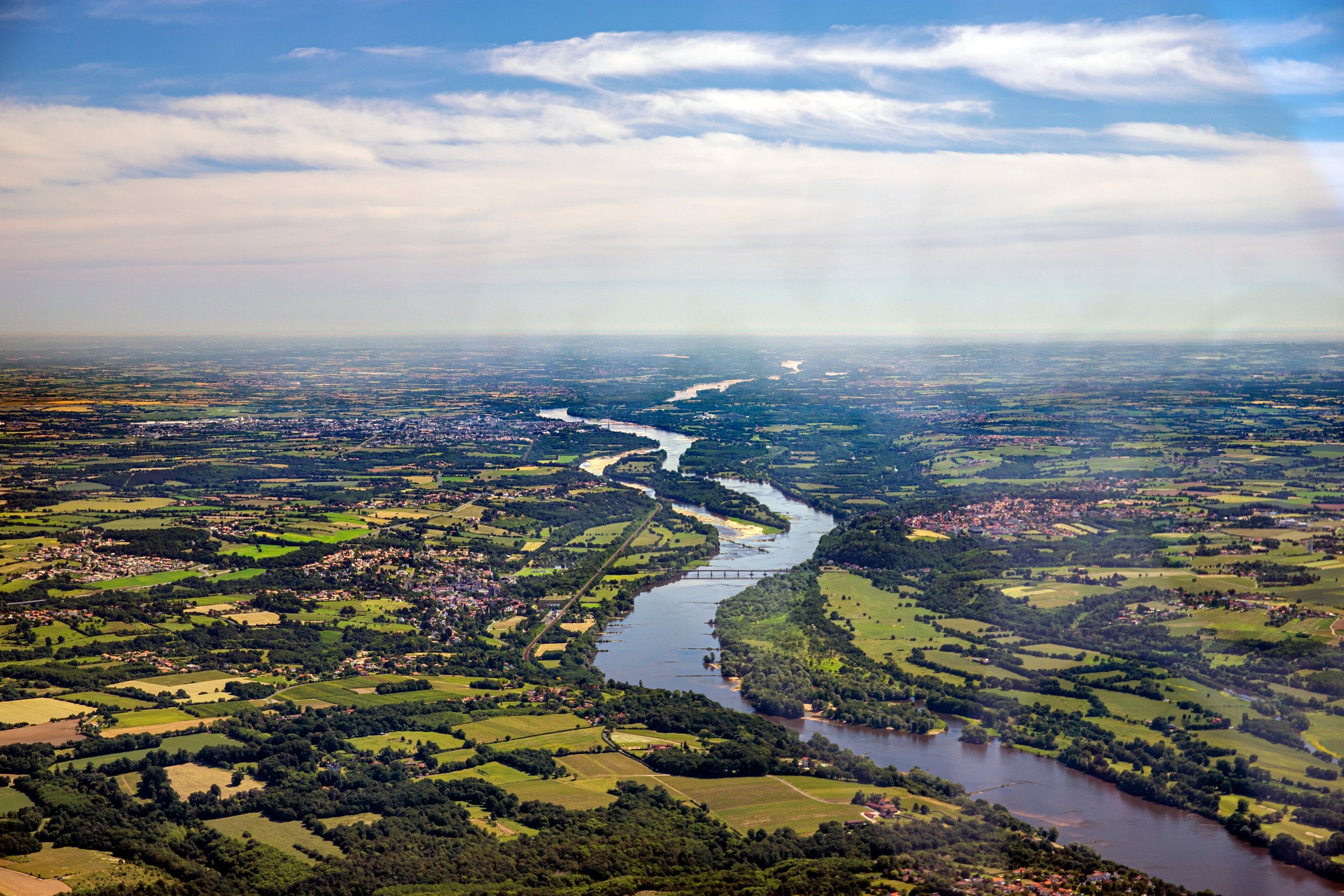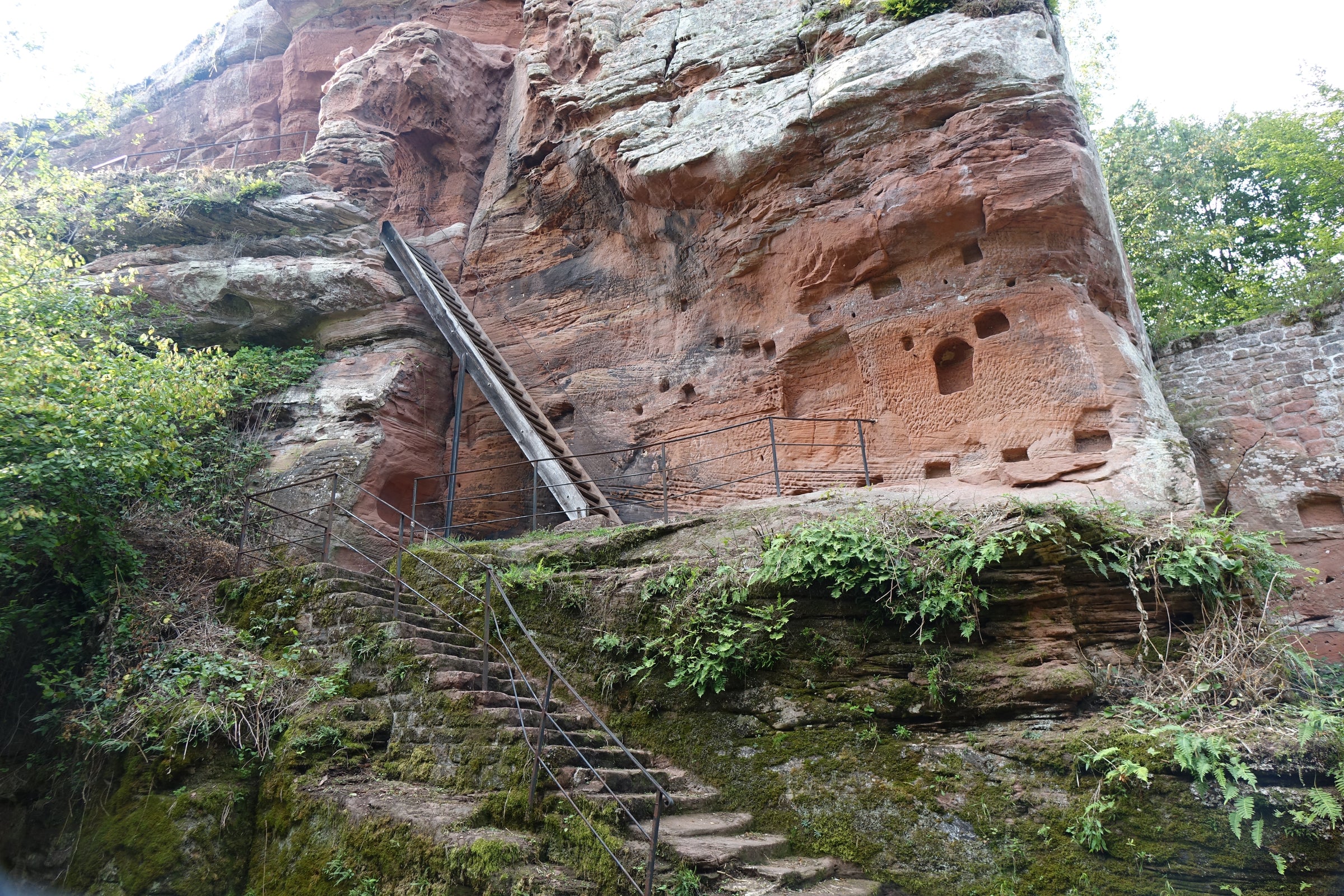No matter how much I highlight the singular importance and magnitude of today’s wine, it will never be enough: I could fire up Zoom and speak in-depth about the influence of Mas de Gourgonnier or open up a stretching vertical of their wines for a number of wine cognoscenti, but that, too, would fall short. Quite simply, Mas de Gourgonnier is one of the founding members of pure, 100% unadulterated French red wine, and every bottle sticks with you. They’ve been Certified Organic since 1975 (yes, even before “The Godfather of Biodynamic Wine,” Nicolas Joly) in an era when natural farming was considered cost-prohibitive and downright ludicrous. Now compare that to the landscape of today’s organic wine production—predominately led by an army of young, avant-garde minds—and then realize most of them weren’t yet born when natural wine was already the norm at Mas de Gourgonnier. Ultimately, this influential and time-honored estate didn’t make organic wine to follow a trend—they were the trendsetters, without even knowing it!
And what better way to introduce you to this icon than with their tiny-production “Cuvée Nature,” a captivating blend of Grenache, Cabernet, Syrah, and Carignan that matured in old French barrels and was bottled without any manipulation—not even an ounce of sulfur. This isn’t just a vividly pure expression of Gourgonnier’s Provençal terroir, it’s a vinous white whale that perfectly captures the intrinsic value of natural wine. If you consider yourself an appreciator of French wine in any capacity or are simply eager to soak up a “natural” producer who sparked global change, this is your limited chance—it’s our first-ever offer if that tells you anything…
Ask Mas de Gourgonnier’s longtime importer and they’ll tell you that “when people talk seriously about “natural” wines, they talk about the organic wines of Mas de Gourgonnier.” So what was the spark or “aha” moment that moved the Cartier family towards this one-with-nature approach? There wasn’t one. This family has been entrenched in farming for centuries, dating well back into the 1700s when they cultivated produce for the local abbey. It was this simple way of life, one devoid of chemicals and machinery, that was passed down from generation to generation until the Cartier family finally decided to plant vines in the 1950s. When they became Certified Organic in 1975, they were among the very first in all of Provence—again, this was widely considered an absurd move at the time.
Located in the western reaches of sprawling Provence, Baux de Provence is a trove for high-quality red wine. Mas de Gourgonnier’s organic vines lie just south of the granitic-based Alpilles mountains, enjoy thousands of hours of sun each year, and largely avoid rot/mildew due to the fierce, cool-blowing “Mistral” wind. For their small-production “Cuvée Nature,” they hand harvest, partially destem, and naturally ferment their Grenache, Cabernet Sauvignon, Syrah, and Carignan in stainless steel tanks. The resulting wine is then gently transferred into old French barrels for maturation without any sulfur additions. Following, the wine is bottled without any fining, filtration, or, you guessed it, sulfur.
Typically when I smell/taste a genuine “natural” wine, I can tell there isn’t any added sulfur—and many can have off-putting qualities—but some producers, like Mas de Gourgonnier, are bonafide masters of their craft. This 2018 “Cuvée Nature” is a paragon of harmony, cleanliness, and purity; there’s not one flaw to be found in this wine. After a 15-30-minute decant, it pours a vibrant ruby core and wastes no time expressing ultra-pure notes of ripe raspberry, black cherry, plum skin, redcurrant, garrigue, olive pit, dried sage, violet oil, crushed rose petal, cracked pepper, and a touch of exotic spice. Medium-bodied and wonderfully crunchy on the palate, it shows incredible energy and jaw-dropping clarity that puts extra pep in your step. This is natural wine done the right way, meaning I don’t just want to take a sip—I want to drink the entire bottle. We cannot wait for you to get your hands on this!
